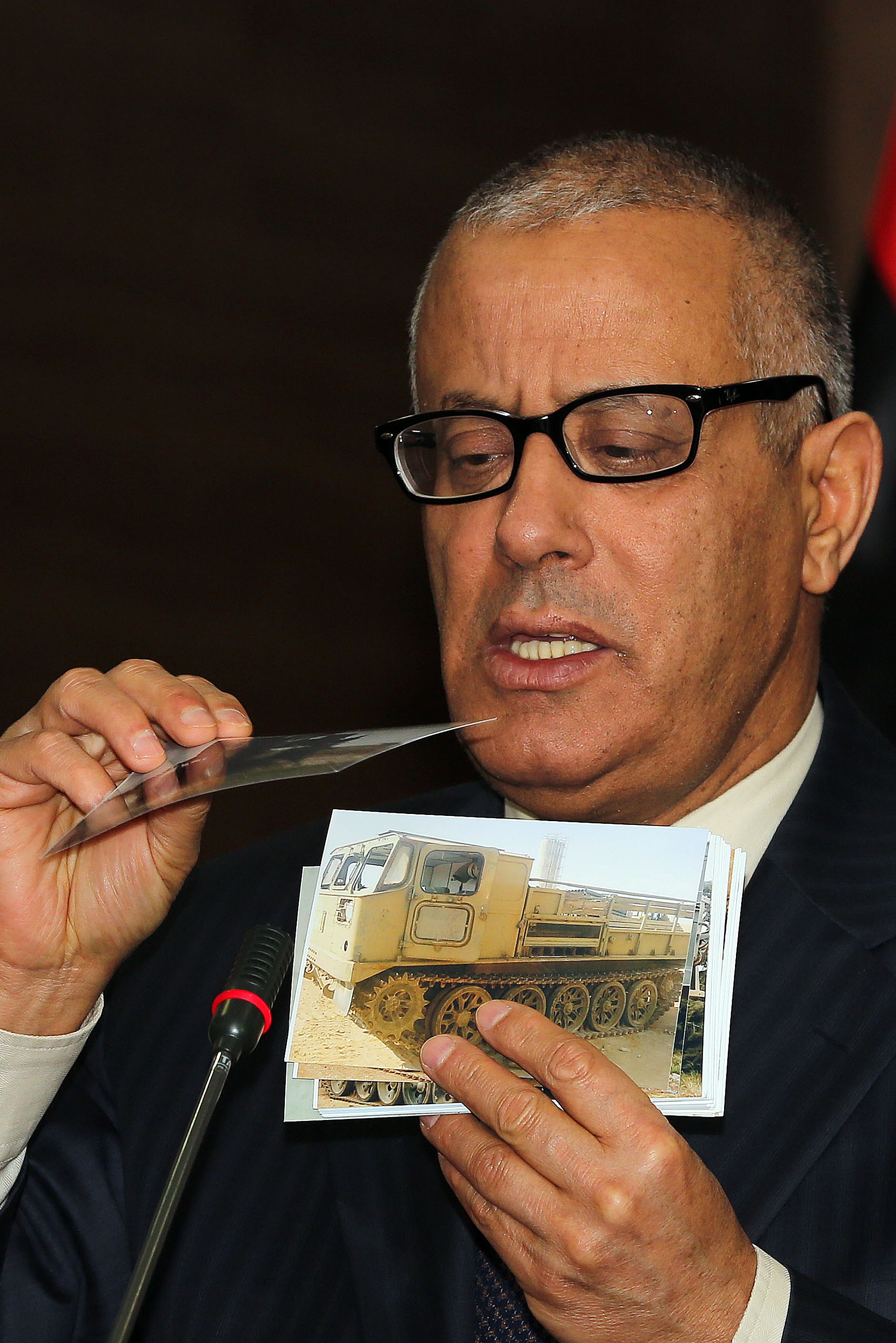Israeli forces bombed the emergency and reception building of Al-Ahli Arab Hospital—widely known as the Baptist Hospital—in the early hours of Sunday, completely destroying the facility and forcing it out of service.
The airstrike left dozens of patients and wounded individuals, including those in critical condition, lying in the streets outside the hospital. The attack comes as Gaza’s already crippled health care system teeters on the brink of total collapse, with few medical alternatives available under the ongoing Israeli blockade.
The Islamic Resistance Movement (Hamas) condemned the strike as “a new war crime” by “the fascist occupation army,” calling it part of a broader campaign of “brutal atrocities” against Gaza since October 7, 2023. The group called for an independent international investigation to uncover the truth and end what it described as “an ongoing genocide against the Palestinian people.”
The Patriarchate of Jerusalem also issued a strongly worded statement condemning the attack, which coincided with Palm Sunday. It confirmed that the hospital, operated by the Anglican Church, had been bombed despite Israeli forces issuing an evacuation order just 20 minutes before the strike. The Patriarchate reported widespread damage to medical infrastructure and the death of a critically wounded child who had been undergoing treatment at the time.
Israel has claimed the hospital was being used for military purposes—allegations that Hamas dismissed as “blatant lies” aimed at justifying the systematic targeting of hospitals and civilians. The group pointed to similar accusations previously made against Al-Shifa Medical Complex and other health facilities, urging the international community to take serious measures to hold those responsible to account.
British Foreign Secretary David Lammy joined a growing list of international voices condemning the strike, stating that repeated Israeli attacks on Gaza’s medical infrastructure have contributed to “a comprehensive deterioration in access to healthcare” across the territory. He called for an immediate halt to such assaults as ceasefire talks continue to stall.
The Israeli occupation forces announced on Saturday that they had completed their takeover of the so-called “Morag Axis” and fully encircled the city of Rafah in southern Gaza. The move was part of an ongoing campaign to fragment the territory and establish buffer zones along its borders. According to estimates, the area Israel sought to isolate as a buffer zone covers approximately 74 square kilometers—nearly one-fifth of Gaza’s total area of 360 square kilometers.
Meanwhile, the Gaza Ministry of Health reported on Sunday morning that 11 people had been killed and 111 injured over the previous 24 hours. Since the resumption of hostilities on 18 March, the death toll has climbed to 1,574, with 4,115 wounded. Cumulatively, since the war began in October 2023, the number of Palestinians killed has reached 50,944, with 116,156 injured, amid relentless Israeli bombardment and the absence of a political resolution.
In a further sign of escalation, the Israeli army issued new evacuation orders in Khan Younis, targeting neighborhoods including Qizan al-Najjar, al-Fukhari, and southern Bani Suheila. Residents were instructed to move to designated shelters in the Al-Mawasi area, raising fears of yet another wave of mass displacement under increasingly dire humanitarian conditions.
As military operations continue, diplomatic efforts to secure a ceasefire are intensifying. A Hamas delegation led by senior political bureau member Khalil al-Hayya held talks in Cairo on Sunday with high-ranking Egyptian intelligence officials. Sources said discussions focused on post-war governance in Gaza—one of the key sticking points preventing a final agreement.
In parallel, Egyptian President Abdel Fattah Al-Sisi arrived in Doha on Sunday at the start of a Gulf tour that also includes Kuwait. His visit comes at a critical juncture, with ceasefire negotiations and the broader crisis in Gaza expected to dominate talks with Gulf leaders.
Calls for the protection of civilians and healthcare infrastructure in Gaza have grown increasingly urgent. The Patriarchate of Jerusalem, along with several humanitarian organizations, issued statements condemning attacks on medical facilities and urging immediate action. They warned that continued targeting of hospitals and clinics constitutes a grave violation of international humanitarian law and endangers the lives of both civilians and medical personnel.


